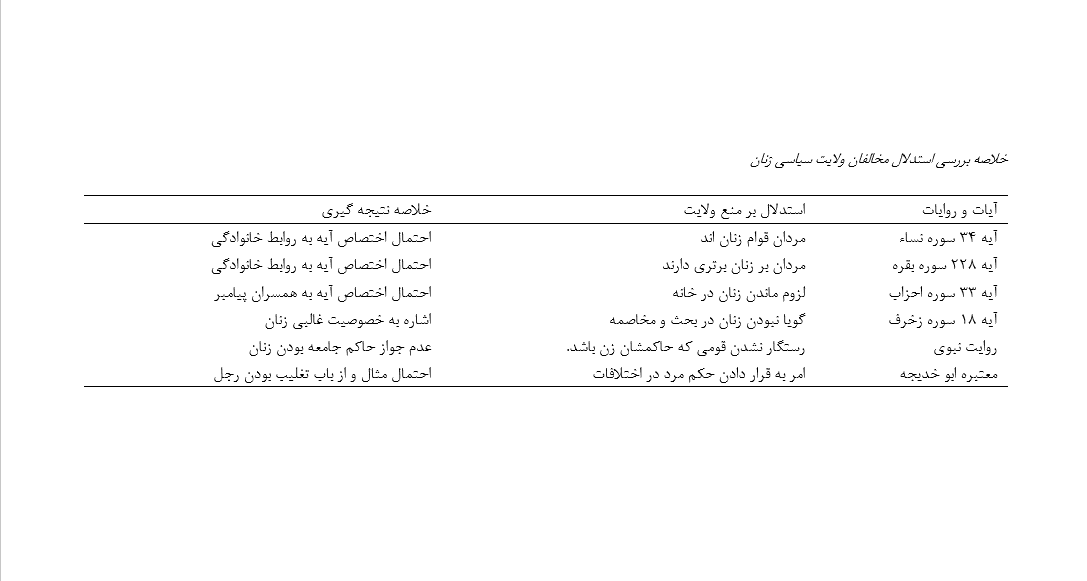Examining the Status of Women in Managerial Positions and Its Jurisprudential and Legal Challenges in the Iranian Legal System
Keywords:
Management positions, Shia jurisprudence, women's rights, constitution, structural constraintsAbstract
Women's rights have historically not received adequate attention, especially in relation to their employment, which necessitates greater focus. This study investigates the status of women in managerial positions within the Iranian legal system using a documentary and library-based methodology. The research analyzes the jurisprudential and legal dimensions of the issue by utilizing a range of sources, including books, articles, official documents, reputable domestic and international websites, and interviews with experts. Within Shiite jurisprudence, the issue of women's governance has been seldom discussed. Contemporary Imami scholars, based on the requirement of masculinity (rajuliyyat) for a ruler or guardian (wali), generally do not consider women eligible to assume the presidency. This argument is particularly linked to the intersection of judgment (qadha) and guardianship (wilayah), as judgment is considered a prerequisite for guardianship in Imami jurisprudence. While women are entitled to participate in many social and legal domains, including public engagement in various sectors, structural limitations in practice hinder their participation in managerial positions. Given that the Constitution of the Islamic Republic of Iran is based on Islamic jurisprudence, jurisprudential rulings (fatawa) play a decisive role in determining the status of women in these roles. Ultimately, invoking the principle of ijtihad responsive to temporal and spatial circumstances, this study aims to promote the status of women in elected and managerial guardianship positions.
Downloads
References
Araqi, E. (2019). Labor Law Course. Tehran University.
Haeri, M. (1994). Jurisprudential Foundations of the Principle of Freedom of Contracts (Vol. 2). Keyhan Publishing Organization.
Haeri, S. A. (2000). Commentary on the Civil Code. Ganj Danesh LibraryER -.
Haeri Shahbagh, S. A. (2000). Commentary on the Civil Code. Ganj Danesh Library.
Jamshidi, F. (2018). The Social Necessity of Women's Employment. Work and Society Journal.
Javadi Amoli, A. (1997). Woman in the Mirror of Glory and Beauty. Esra Publishing Center.
Roshanfar, M. (2020). Woman, Employment, Ownership. Ney Publishing.
Sadr Nabavi, F. (2016). Historical Analysis of the Occupational Status of Iranian Women.
Safaei, S. H., & Emami, A. (1997). Comparative Study of Family Law. Tehran University Press.
Safari, F. (1995). The Social Model of the Status and Role of Muslim Women in Islamic Society. Organization of Islamic Propaganda, Print and Publishing.
Shamseddin, M. M. (1997). The Limits of Women's Political Participation in Islam. Ba'athat Publications.
Yazdi, M. (1996). The Constitution for Everyone. Amir Kabir Publications.

Downloads
Published
Submitted
Revised
Accepted
Issue
Section
License
Copyright (c) 2024 طاهره صیادی (نویسنده مسئول)

This work is licensed under a Creative Commons Attribution-NonCommercial 4.0 International License.







